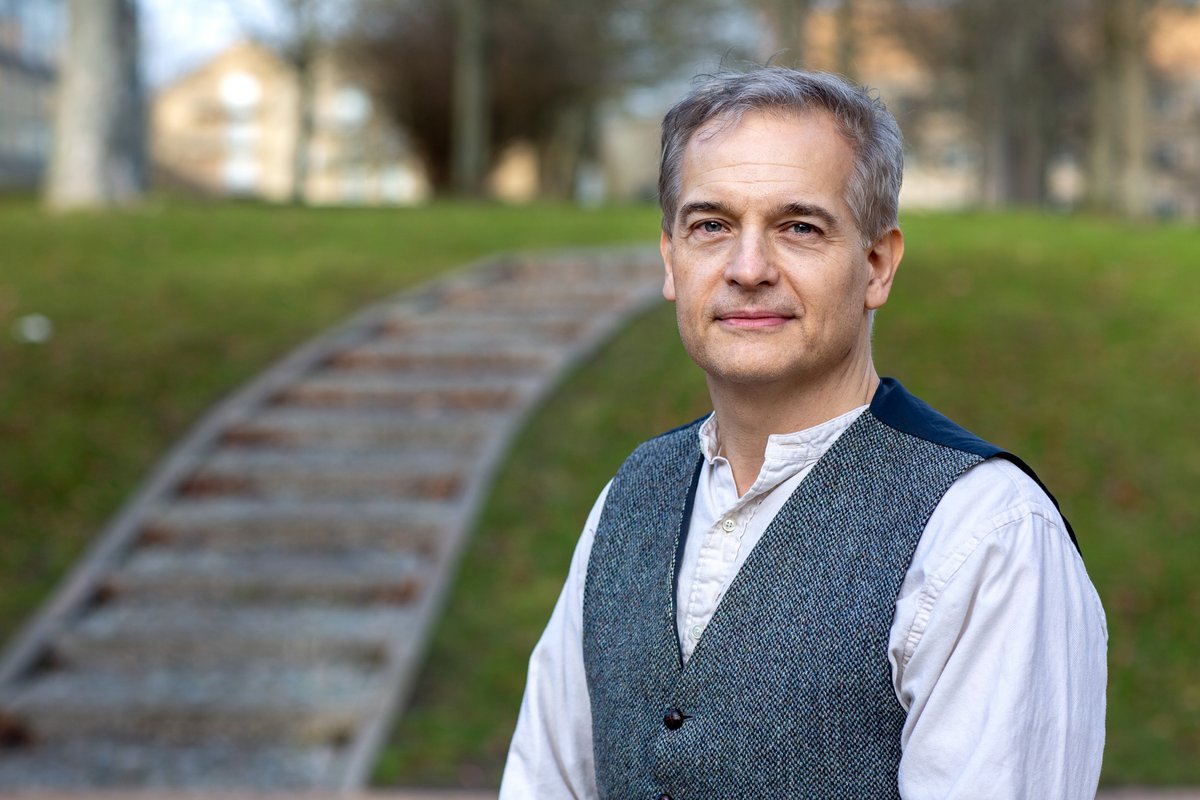
Ancient Spartans have long been defined by their reputation for having lived a life of austere self-discipline in a city that resembled an army camp. I seek to radically revise our understanding of the Spartans by showing that Sparta was a community founded in and fanatically dedicated to a particular form of luxury: leisure. Spartan citizens (Spartiates), both male and female, young and old, were forbidden to engage in any kind of economically productive activity. The withdrawal of Spartiates from the agricultural labor force (which was possible because of the mass enslavement of the indigenous population of territories conquered by Sparta) freed Spartiates from the back-breaking manual labor involved in farming. It also significantly reduced the output from the Spartiates’ estates and thus was, by any reasonable definition of the term, a luxury and a rather expensive one at that. Luxury in the form of leisure thus played a key role in Spartiate society. This new understanding of ancient Sparta has wider ramifications because it sheds new light on of the history of citizenship and leadership in ancient Greek communities.
Project title:
Leisure as Luxury in Ancient Sparta
Area of research:
Ancient Greek history
Fellowship period:
1 Feb 2022 - 31 Dec 2022
Fellowship type:
AIAS-COFUND II Marie Skłodowska-Curie fellow

This fellowship has received funding from the European Union’s Horizon 2020 research and innovation programme under the Marie Skłodowska-Curie grant agreement No 754513 and The Aarhus University Research Foundation.
